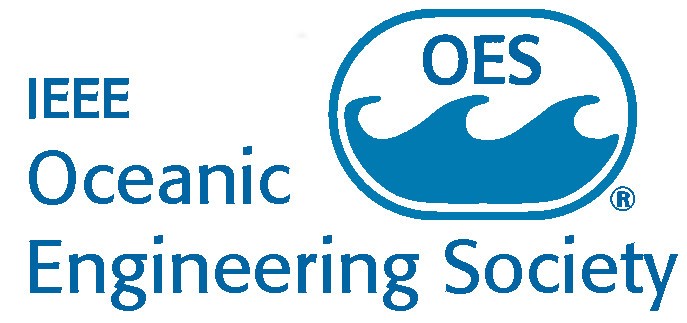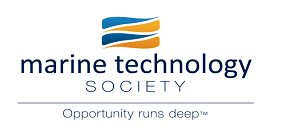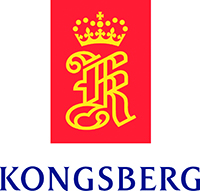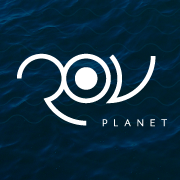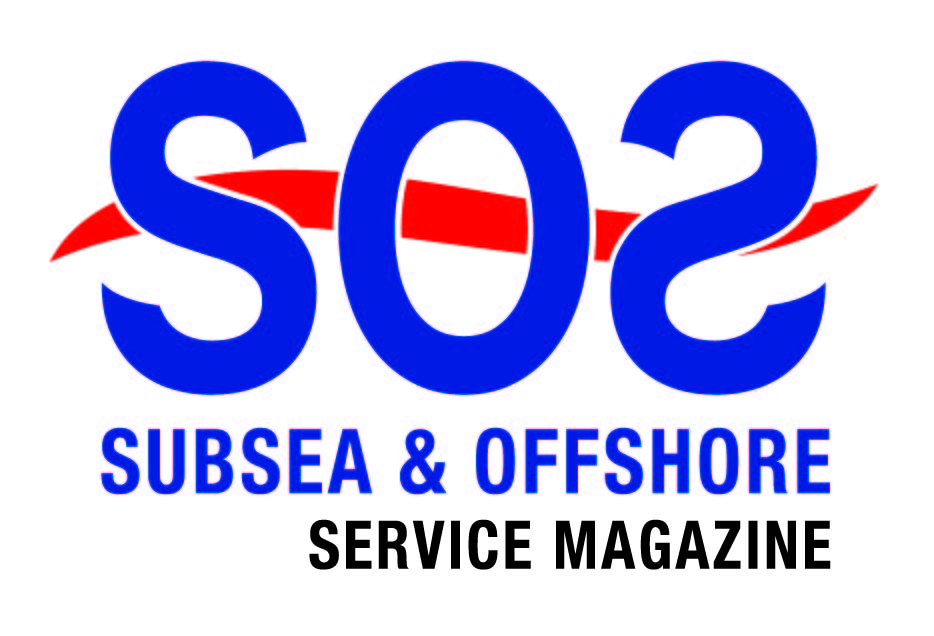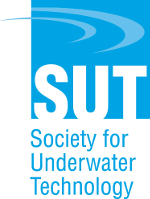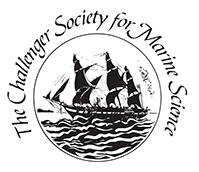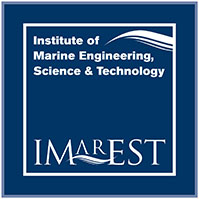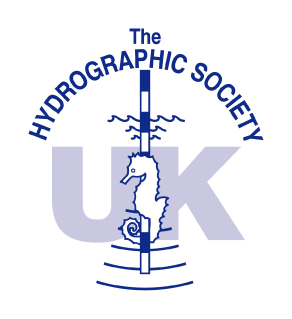Preparations for the 60th MTS/IEEE OCEANS Conference in Aberdeen, Scotland from 19 –22 June 2017 are well underway. There are very encouraging signs emerging for a successful conference with some key plenary speakers secured, exhibition space filling up, and patronage in all its forms wishing to support our event.
This will be the second time that the MTS, IEEE/OES’s flagship conference covering all aspects of ocean science, technology and engineering will be hosted in Aberdeen. The fact that OCEANS is returning to Aberdeen highlights the importance and size of th eoceanic industry to the region. The conference programme will include not only the traditional OCEANS themes but there will be special topics focussing on the region’s expertise.
Local Featured Topics
Local experts are looking forward to engaging with their world class peers on any aspect of the focussed topics below.
Subsea Engineering and Subsea Operations - Subsea technology is vital to offshore production, unlocking harder to reach, deeper reserves and improving the economics of marginal fields. Subsea design, manufacture, and operations are not just limited to the traditional hardware of flowlines, risers, umbilicals, and underwater vehicles. The subsea sector has developed a range of processes, systems, sophisticated tools, and materials, from specialist metals and high-tech underwater electronics, to cameras, sonars and sensors.
Subsea Optical Sensing, Imaging and Instrumentation - The use of optical methodology, instrumentation and photonics devices for imaging, vision and sensing is of increasing importance in understanding our marine environment. Subsea imaging can make an important contribution to the protection and sustainable management of ocean resources and contribute to monitoring the response of marine systems to climate change. Areas of expertise that we are looking for include contributions in holography, Raman spectroscopy, laser induced breakdown spectroscopy, fibre sensing, etc.
Deployment of Subsea Capabilities in other Sectors - Our oceans are a source of health and wealth for millions of people around the world. In addition to producing nutritious food, the oceans and coastal areas provide many socio-economic benefits in terms of employment, recreation and commerce as well as other crucial natural resources. Capabilities in marine science, subsea technology and engineering provide a prime position to exploit such economic value. Areas for transfer of such capability include: deep sea mining; marine renewables, aquaculture, and defence activities.
Emerging Technologies for IRM - There is now a complex array of subsea infrastructure criss-crossing sea beds across the globe. As new subsea pipelines and hardware increases, so too does operational spend and the need to repair and maintain equipment. It is therefore no surprise that inspection, repair and maintenance is now a rapidly growing niche within the subsea industry.
Fisheries & Aquaculture - The world's natural fish stocks are seriously low; it is expected that fish supplied by aquaculture will increase to over 60 per cent of the total by 2030. The prospects for marine aquatic products are expected to come from sustainable sources in general and organic aquaculture. Growing algae shows significant long-term growth potential for a range of sectors including the health and cosmetic industry, the food and feed processing industry, and the green chemistry and energy industries.
Decommissioning and Salvage - Covers all aspects of technology, marine science, regulation, and operation leading to the decommission or salvage of man-made objects from the marine environment safely and with due respect for the environment.
Marine Renewables (offshore wind, wave, and tidal) – The EU (in particular the UK) currently has the largest share of offshore wind expenditure and is a growing market presenting exciting new opportunities. The UK has a strong position in ocean renewable energy (wave and tidal), which is still in an early stage of development and has a strong focus on R&D. The key to the future success of ocean energy relies on the rapid development of technological advancements and the successful completion of demonstration projects.
Keynote Speakers
A number of key plenary speakers have been secured including Professor Anne Glover and Stef Kapusniak providing a clear indication that OCEANS truly provides the strong links between academia and industry.
Professor Dame Anne Glover has pursued a distinguished career in microbiology, and has held positions of the first Chief Scientific Adviser to Scotland and then the first Chief Scientific Adviser to the President of the European Commission. Professor Glover is now Vice-Principal of the University of Aberdeen.
Stef Kapusniak is rapidly becoming a world authority on deep sea mining and is currently Business Development Manager (Mining) with Specialist Machine Developments Ltd (SMD). SMD was awarded a contract in 2007 to design and build the world’s first deep sea mining vehicles for Canadian listed company Nautilus Minerals. Nine years on, they have now been delivered and are undergoing further sea testing. Prior to joining SMD, Stef worked in the surface and underground mining industry, and has a degree in mining engineering and a doctorate in rock mechanics.
OCEANS provides a critical interaction of engineers, technologists, and marine scientists. It encourages design to take place with the environment as well as the function in mind, such that equipment, sensors, systems, and processes can be developed, funded and, more importantly, implemented successfully. We are looking forward to seeing your expertise in June 2017, in Aberdeen.
